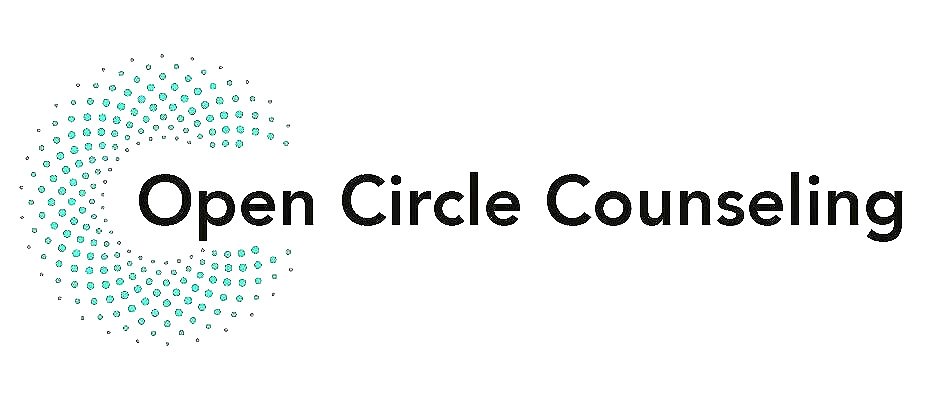Bipolar disorder is a mood disorder, formerly known as manic depression. It’s characterized by extreme mood swings from high to low that take place over weeks or months. Contrary to popular belief, a bipolar person doesn’t just “switch” from happy to sad in an instant. These mood swings can affect sleep, energy, behavior, judgment, and the ability to think clearly. Each mood episode has several hallmark thought processes, and understanding them can help those seeking treatment through therapy.
Defining Bipolar Disorder
There are four main types of bipolar disorder: bipolar I, bipolar II, cyclothymia, and unspecified types. Bipolar I is defined by periods of mania followed by depressive episodes. Those with bipolar II experience hypomania, which is a milder type of mania, followed by major depressive episodes. Cyclothymia is defined by hypomanic episodes followed by depressive episodes that don’t meet the criteria for major depressive disorder.
When discussing the thought processes associated with bipolar disorder, it’s important to consider whether they occur during mania/hypomania or depression. Each mood episode has its effects on the brain.
Manic and Hypomanic Processes
During manic or hypomanic episodes, a person with bipolar disorder experiences many symptoms, including:
An upbeat mood
Increased energy
Irritability and agitation
Euphoria
Increased self-confidence
Excessive talkativeness
Poor decision-making (i.e. spending sprees, gambling, risky sexual behavior, increased drug use)
Heightened creativity
The thought processes during a manic episode are characterized by moving quickly from idea to impulse. A person may experience:
Racing thoughts
They may feel an overwhelming flood of ideas and thoughts, often so fast that they have difficulty focusing on one thing. This can make it hard to pay attention and finish daily tasks.
Grandiosity
During mania, one tends to overestimate abilities or importance. During a manic episode, one may believe they’re invincible, hatch unrealistic plans, or think they’re famous. These delusions of grandeur can fuel impulsive, risky behavior.
Distractibility or Flights of Ideas
A person experiencing mania has increased sensitivity to external stimuli—for example, traffic lights, passing sirens, or ringing phones. These minor distractions can derail their thoughts. They may also believe that these distractions mean something significant.
Depressive Thought Processes
Depressive episodes are the polar opposite of mania. Typical symptoms include:
Feeling sad or hopeless
Feeling worthless, guilty, or ashamed
Tearfulness
Fatigue
Slowed speech
Changes in weight
Sleep disturbances
Indecisiveness
Self-harm
Suicidal ideation
Thought patterns during a depressive episode tend to make symptoms worse. These include:
Cognitive distortions
Depression fuels irrational thought loops and errors in judgment. Cognitive distortions include black-and-white thinking, overgeneralization, mind reading, personalization, and catastrophizing. These all involve relying on feelings rather than facts to reach conclusions about one’s self-worth and relationships with others.
Rumination
A person in a depressive episode may tend to dwell on negative thoughts or past events. Repetitively focusing on mistakes, traumas, lost relationships, and other difficult moments in life only fuels feelings of despair.
Bipolar Disorder and Memory
Studies have recently shown that bipolar disorder can affect working memory. That is the temporary information the brain holds onto to make connections and decisions in daily life. Those with bipolar disorder report changes in their memory during mood episodes, particularly during depression.
Getting Help
If you’ve been diagnosed with bipolar disorder, or you think you may have it, talk to a mental health professional about your treatment options. Bipolar disorder is typically managed through a combination of prescribed mood stabilizers (and sometimes antidepressants) and psychotherapy. With the help of a therapist, you can learn to recognize these thought processes and challenge them. With the right treatment plan, a person with bipolar disorder can live a fulfilling life.
To find out more about how therapy can ease the symptoms of bipolar disorder, please reach out to us.
